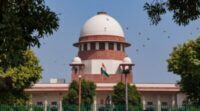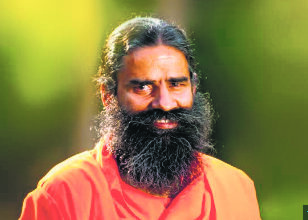On Tuesday, the Supreme Court announced that it would start conducting daily hearings on a number of petitions challenging the cancellation of Article 370 of the Constitution, which granted the former state of Jammu and Kashmir unique status.
July 27 has been set as the deadline for the filing of written submissions and convenience compilations by various parties by a five-judge Constitution bench led by Chief Justice DY Chandrachud, which imposed several procedural directives.
The deadline for filing documents and written submissions by parties was set for July 27 by a five-judge constitution bench consisting of Chief Justice of India (CJI) Dhananjaya Y Chandrachud, justices Sanjay Kishan Kaul, Sanjiv Khanna, BR Gavai, and Surya Kant, while noting that the issue is solely one of constitutional validity. Over three years later, it was finally addressed. Several people have contested the invalidation, including legislators from the National Conference.
The court’s top court hears unrelated cases on Mondays and Fridays, thus the hearing on the batch of petitions will take place on a daily basis on those days instead. The bench also included justices. It designated two lawyers—one from each of the petitioner’s and the government’s sides—to create a convenience compilation and submit it by July 27. It also stated that no papers would be allowed after that date.
The Supreme Court ordered that day-to-day hearings of several petitions contesting the constitutionality of Article 370, which granted Jammu and Kashmir (J&K) semi-autonomous status, begin on August 2. On Tuesday, the Supreme Court permitted bureaucrat Shah Faesal and former student leader Shehla Rashid to resign as petitioners.
Despite opposition from the Union government, which cited international and cross-border ramifications, the court issued notices on the pleas and referred the subject to a five-judge constitution bench in August 2019.
In a statement released on Tuesday, the Union government said that it would not rely on the information in the affidavit it had filed the day before to describe what would happen in J&K after the nullification.
On Monday, it informed the court that the nullification had brought about “unprecedented development, progress, security, and stability” in the area. After three decades of unrest, the statement continued, “life has returned to normal in the region.”
The 2019 presidential decision that divided J&K into two Union territories and revoked its unique constitutional status was upheld by the administration. It claimed in its affidavit on Monday that the destruction of the terror network and the abolition of Article 370 caused episodes of stone-throwing and public violence to now become a thing of the past.










